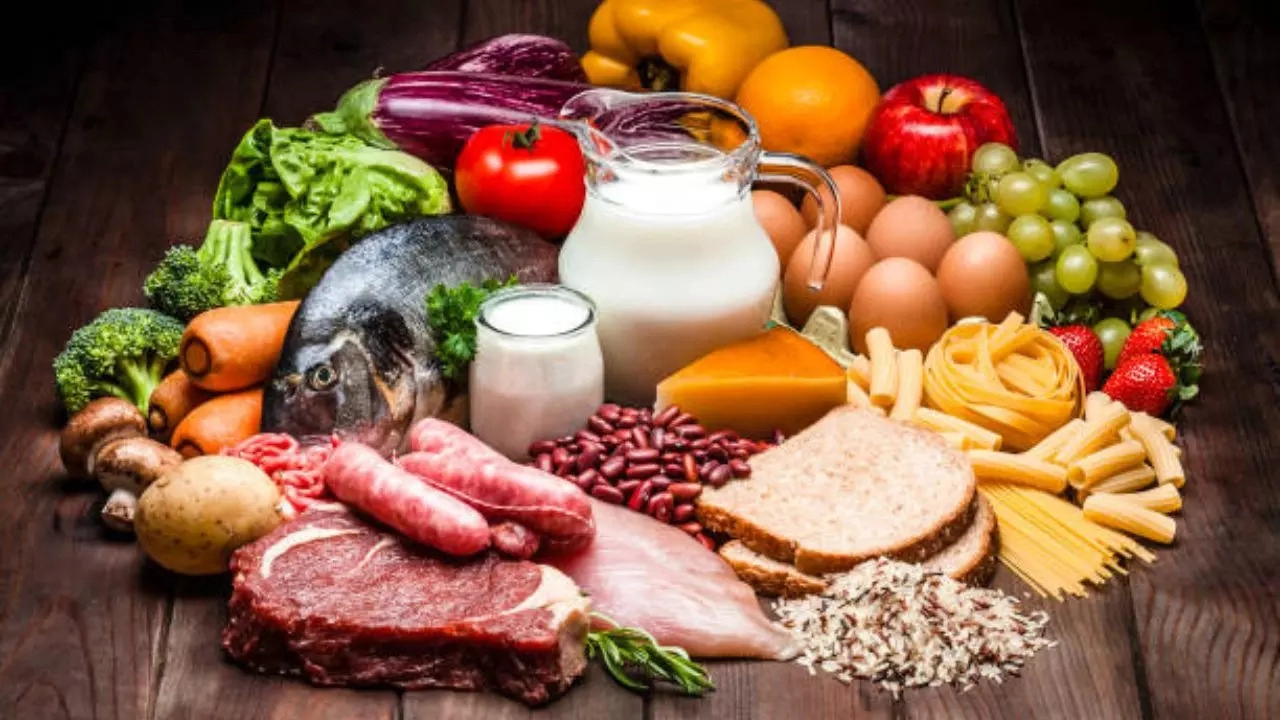Ashima Sharda Mahindra • 24 Aug 2024
What Is iDip - The New Diet That Causes 13 Percent Weight Loss In A Year?

At least 41 of iDip participants were successfully able to lose 12.9 per cent of their body weight
To effectively lose weight, eating more protein and fibre is the most effective way to get results, a new study says. The research, conducted by the University of Illinois Urbana-Champaign has developed the Individual Diet Improvement Programme, tracked at least 22 participants who followed the eating plan over two months.
Researchers said the volunteers increased their daily protein to 80 grams and fibre to 20 grams. Participants were also encouraged to cap their calories at 1,500 every day, a sharp decline from the typically recommended intake of 2,000-2,500 calories. According to the results published in the journal Obesity Science and Practice - more than 41 per cent of iDip participants were successfully able to lose 12.9 per cent of their body weight.
Researchers said the participants weighed themselves daily and were subject to dietary education sessions, as well as personalized advisory meetings. “The iDip approach allows participants to experiment with various dietary iterations, and the knowledge and skills they develop while losing weight serve as the foundation for sustainable maintenance,” lead researcher Manabu Nakamura, a UIUC professor of nutrition told the New York Post.
How did the iDip diet work?
According to experts, around 59 per cent of participants only lost slightly more than 2 per cent of their starting weight after a year. Researchers said those eating more protein and fibre had the most significant weight loss.
Even though rapid weight loss is associated with muscle loss, iDip participants maintained most of their muscle mass. For those who lost more than 5 per cent of their starting weight, 78 per cent of the weight they lost was fat, researchers said.
They credited the increased protein consumption, as protein aids the body in retaining muscle mass, which then improves metabolic function. The Recommended Dietary Allowance for protein is 0.8 grams per kilogram of body weight - or 0.36 grams per pound, for a 150-pound person, which is 54 grams of protein daily.
How do protein and fibre help in weight loss?
Nutritionists say a higher protein intake increases your levels of satiety hormones like GLP-1, peptide YY, and cholecystokinin while reducing your levels of the hunger hormone ghrelin. And so, if you replace some of the carbs and fat in your diet with protein, you may experience less hunger and feel greater satiety.
Also, after eating your body would use the calories to digest and metabolize it – known as the thermic effect of food. By modifying the levels of appetite-regulating hormones, protein helps reduce your hunger and makes you feel fuller for longer - meaning you may eat fewer calories. The high thermic effect has a positive impact on resting energy expenditure and helps maintain lean muscle – boosting your metabolism. Protein also makes you burn more calories around the clock, including during sleep.
Similarly, fibre – a carbohydrate contributes to satiety without adding more calories because it is not absorbed by your body. It also slows down fibre, which also slows down how quickly your body responds to carbohydrates. It also helps you manage your blood sugar and insulin response to food.
Nutritionists say soluble fibre keeps your gut bacteria healthy, which can promote fat loss by reducing your appetite.
Get Latest News Live on Times Now along with Breaking News and Top Headlines from Diet, Health and around the world.